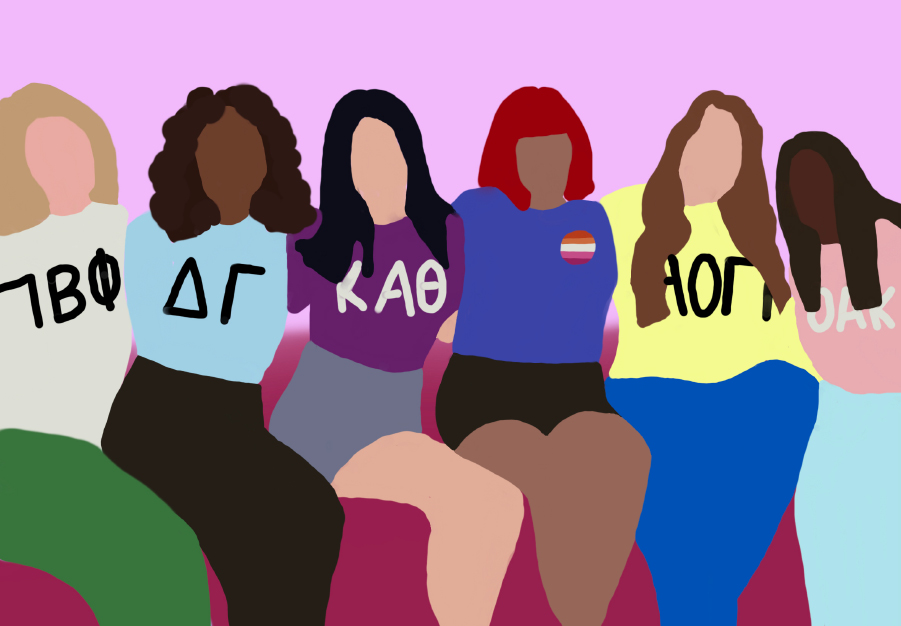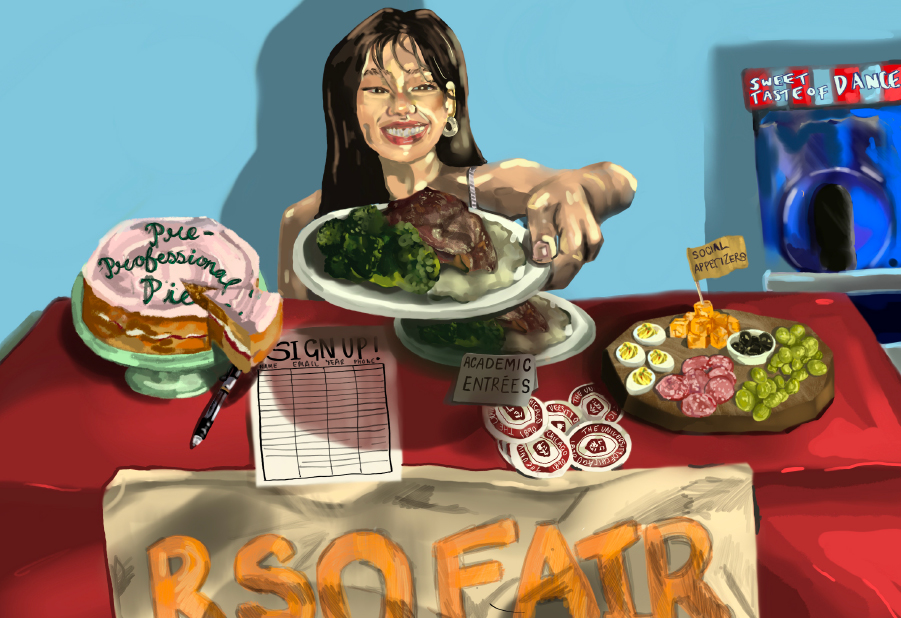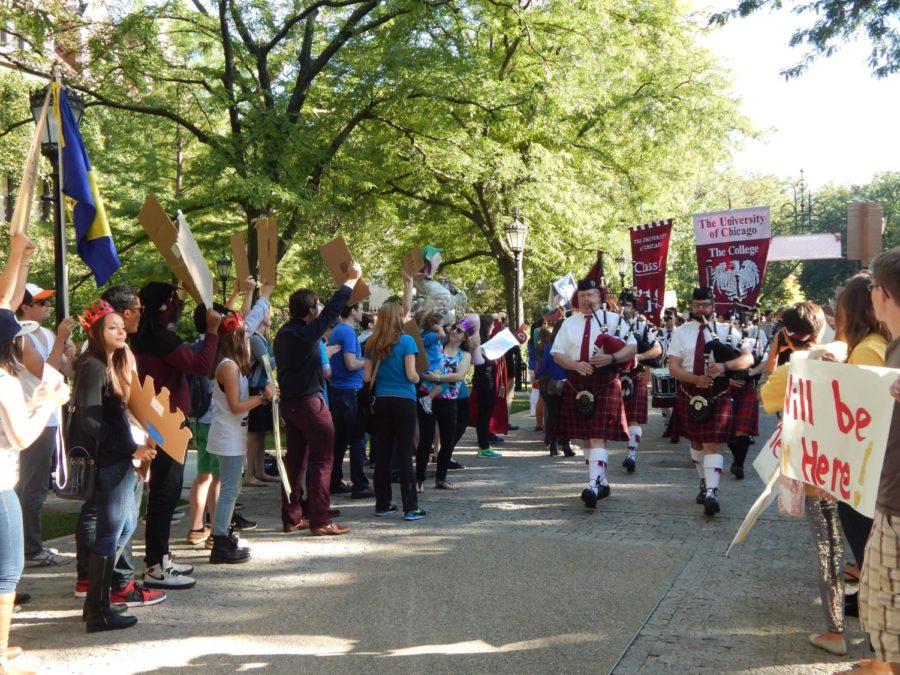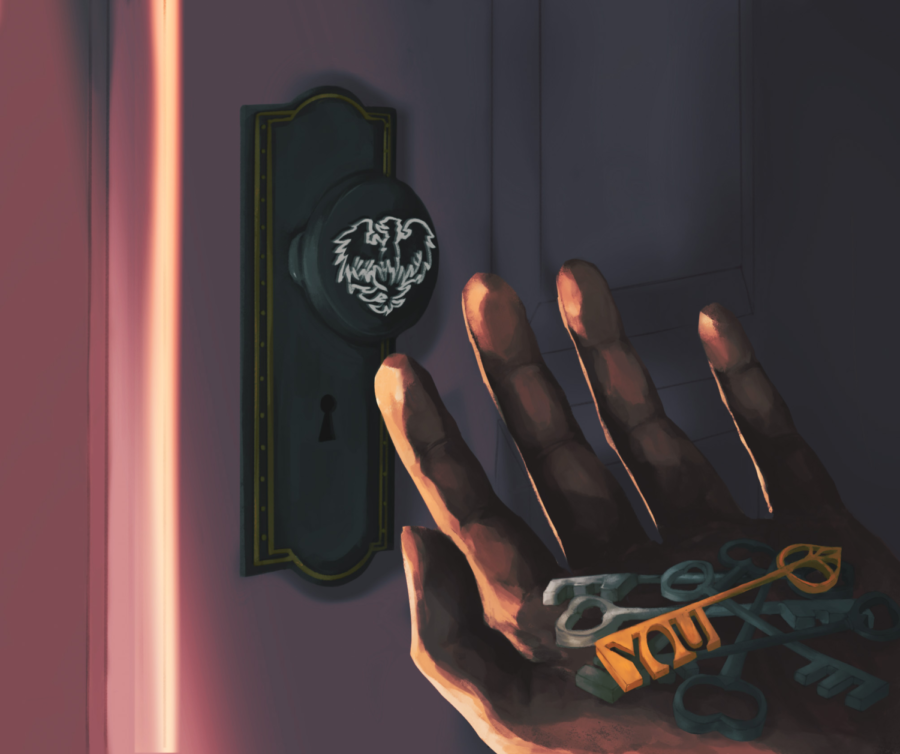To be Black at UChicago is a weird predicament. But, to be Black at UChicago at this moment, in the midst of a supposed reckoning with this nation’s history, is a journey you and I will embark on together. For some of you, this is the first time anyone in your family is going to attend college. Others may be carrying on the legacy of other scholars in your family. But, regardless of your background, you are about to embark on a four-year journey at an institution with a harsh past and present with its treatment of Black people in Hyde Park and beyond. That’s a reality no matter where you are coming from.
This, however, does not and should not stop you from being here. In fact, you can and should take advantage of the time you have here. From classes you may have never fathomed to people who could become your lifelong friends, UChicago is full of rewarding opportunities. But, as Black students, there is nothing more important than protecting your humanity and right to be members of this community that you were admitted to. In order to make it through these next four years of growth, there is nothing more imperative to your success than being your true self, continuing to evolve, and not compromising your integrity to fit in somewhere that at times will make you feel like you do not belong.
UChicago’s “Chicago Principles” on free speech and the seminar-style Core classes are going to be a part of everyone’s education. I really enjoyed my Hum and Sosc classes because I liked the material, but perhaps more importantly, the disagreements I had with my peers were never rooted in their denial in my humanity as a Black student. However, I know that I very well may be an exception in my experience. I’ve heard stories from peers of getting into arguments about “Black on Black crime,” the welfare state, Affirmative Action, and other discussions that not only exhausted their energy and drew time away from other schoolwork, but belittled the experiences they had as Black people. I’m here to tell you that you do not have to participate in discussions with people who are refusing to recognize your humanity and dignity—in fact, I encourage you not to engage. That is not the same thing as disagreeing with someone on a political approach or a policy, because there will always be differences there. But if someone is denying the validity of what you have lived through, you are under no obligation to divulge your trauma or waste your time.
The first thing you should do to find your footing as a Black student at UChicago is come to the first few Black student-centered RSO meetings and events (these will probably be held on Zoom this fall, which makes it even easier to participate!). Whether it’s culture clubs like the Organization of Black Students (OBS) and the African and Caribbean Student Association (ACSA), or activist groups like UC United or Students Working Against Prisons, these groups are the easiest first step in meeting other Black students. Whether or not you end up choosing to actually be more involved in these organizations is up to you, but being surrounded by other students that have faced many of the same challenges that you will face as first-years is something that helps significantly. I’m not friends with everyone, nor do I agree with everyone, but I have gained mentors and advice on how to work things out with professors or how to navigate the “intellectual” conversations that people profess are so great here in a way that allowed me to enjoy my academic experience as a Black student. I could not have gotten through my first year and enjoyed my time thus far without Black upperclassmen telling me how to get through this institution.
Another crucial aspect of making the most of your time at UChicago is finding other people, not just Black students, that are invested in seeing you succeed. I found my group by reaching out and getting to know people on the Admitted Students Facebook Group and then meeting up with them when we got to Hyde Park. Whether it is a new friend, a faculty member, or an RSO leader, there are people that are invested in seeing you succeed while still being yourself. Yes, being at a PWI (predominately white institution) means having to face people that may not want you to be the best version of yourself. But that should not outweigh the peers, local community members, faculty, and others who are invested in you doing the best you possibly can. This is where the advice of older Black students can allow you to navigate around people you may not want to interact with or faculty that you may not want to take a class with.
I’ve learned a lot from the Core, much like others at UChicago. However, much of the learning that I had about Black history and social movements in my first year came from outside of the classroom. With how academically and socially difficult first year is, it is imperative to recognize that some of learning about your own culture or your people may not ever take place in a core class. Whether that means you go take CRES classes or join cultural or activist RSOs, you’ll recognize that your route to learning about the likes of W.E.B. DuBois, Ruth Wilson Gilmore, and Frederick Douglass may not be through a traditional classroom setting. The sooner you realize this, the more time you can spend learning outside the classroom.
After a year at UChicago, I cannot see myself at any other school. And, as a Black student, I feel like I have space in this community to be myself, alongside peers who want to see the best of me. You will face the challenges all first-years do, and on top of those, you will face the unique challenges of Black students. But these challenges should not and deter you from trusting that you will succeed these next four years. Learn from those who’ve been at this school for years, and trust that the abilities that got you here will allow you to be the best person and student you can. Know this.
Noah Tesfaye is a second year in the College.















